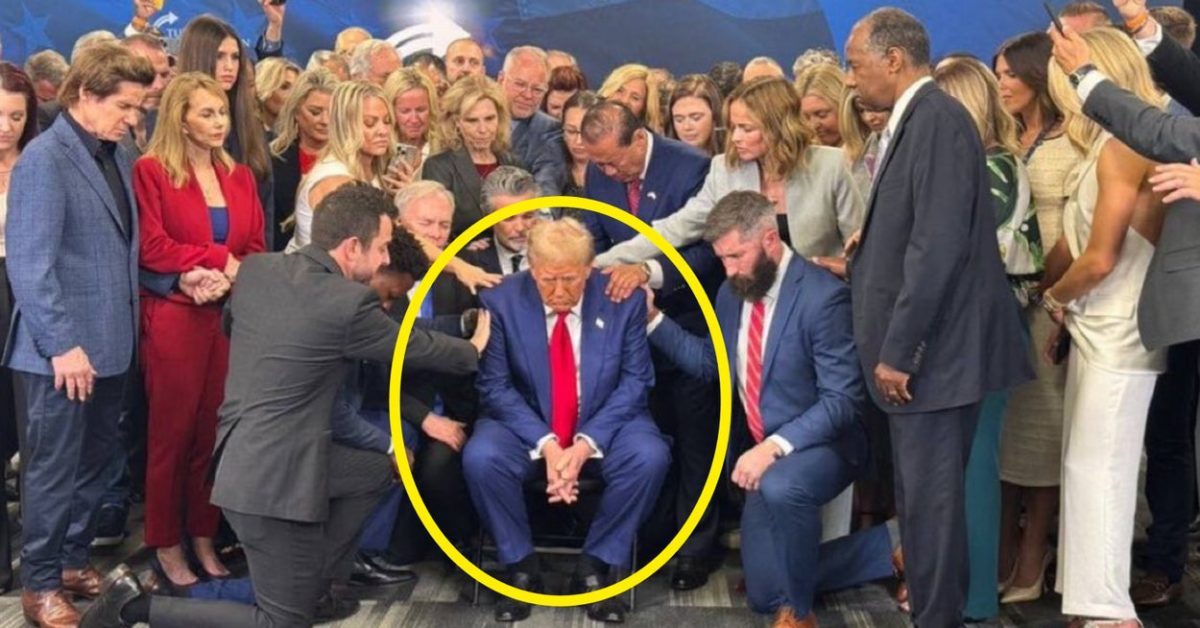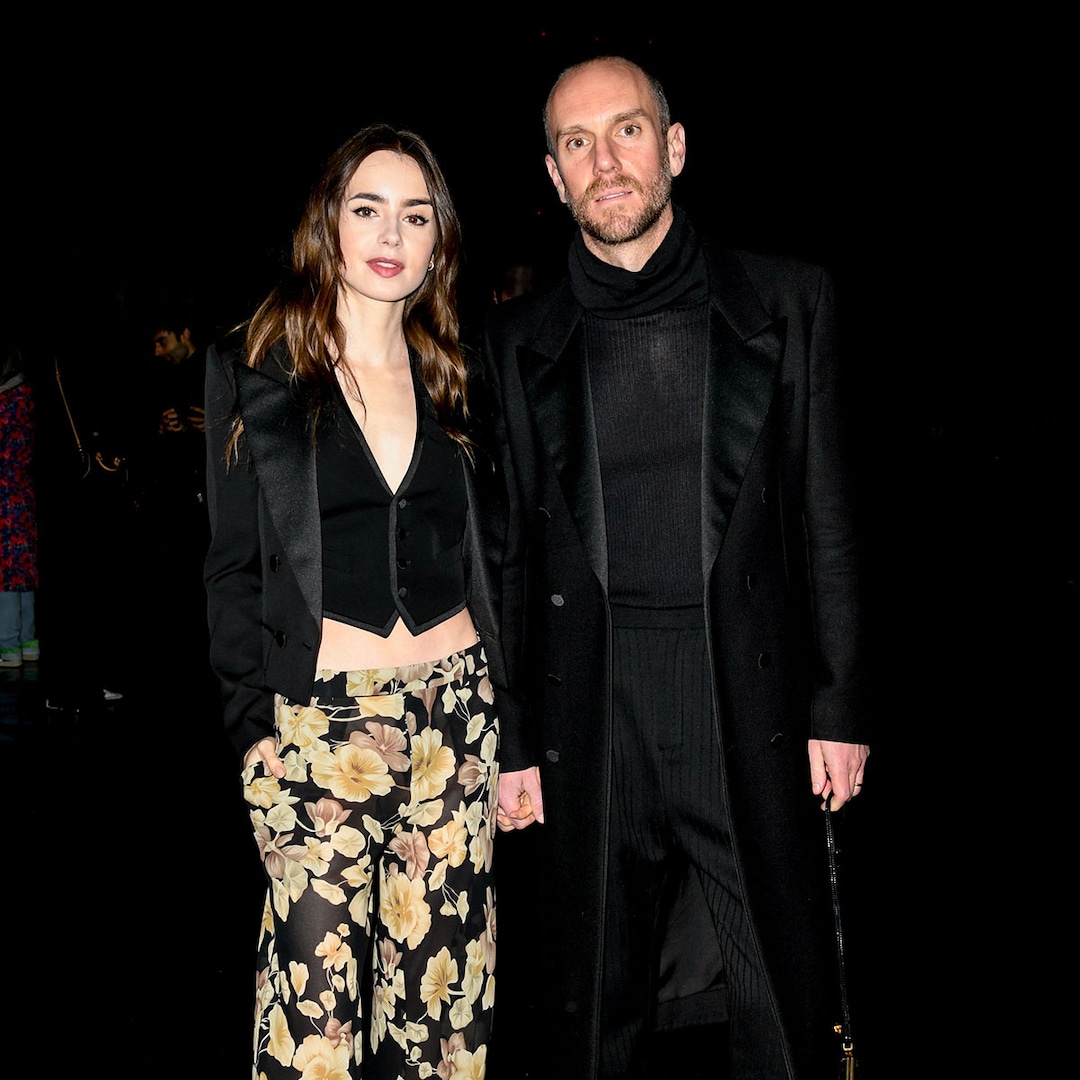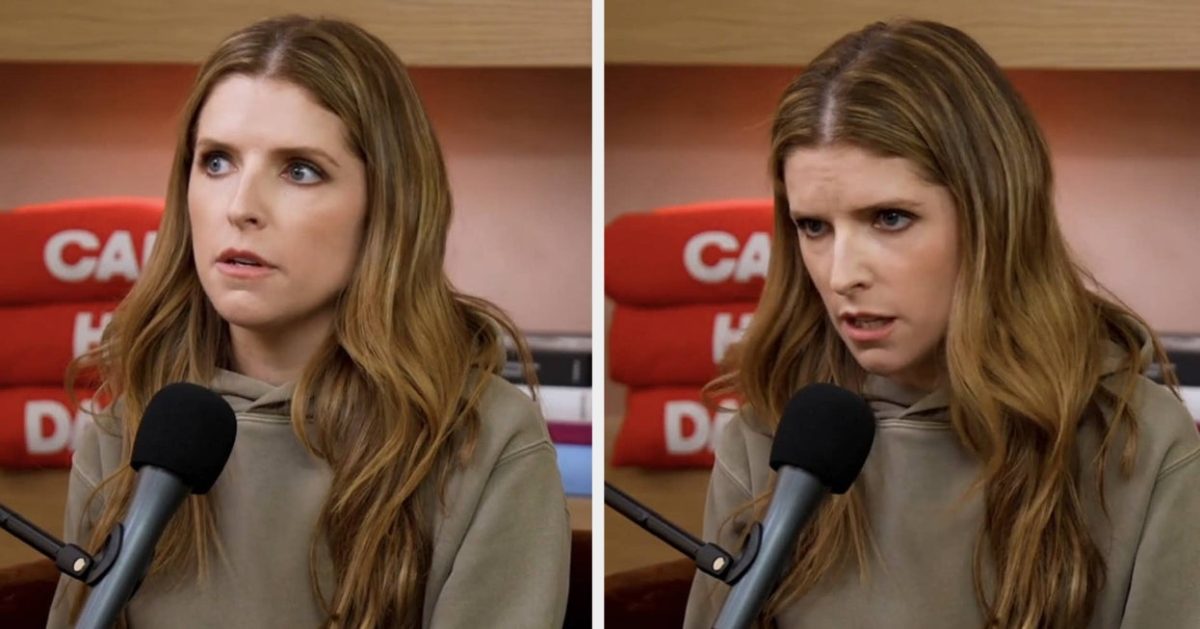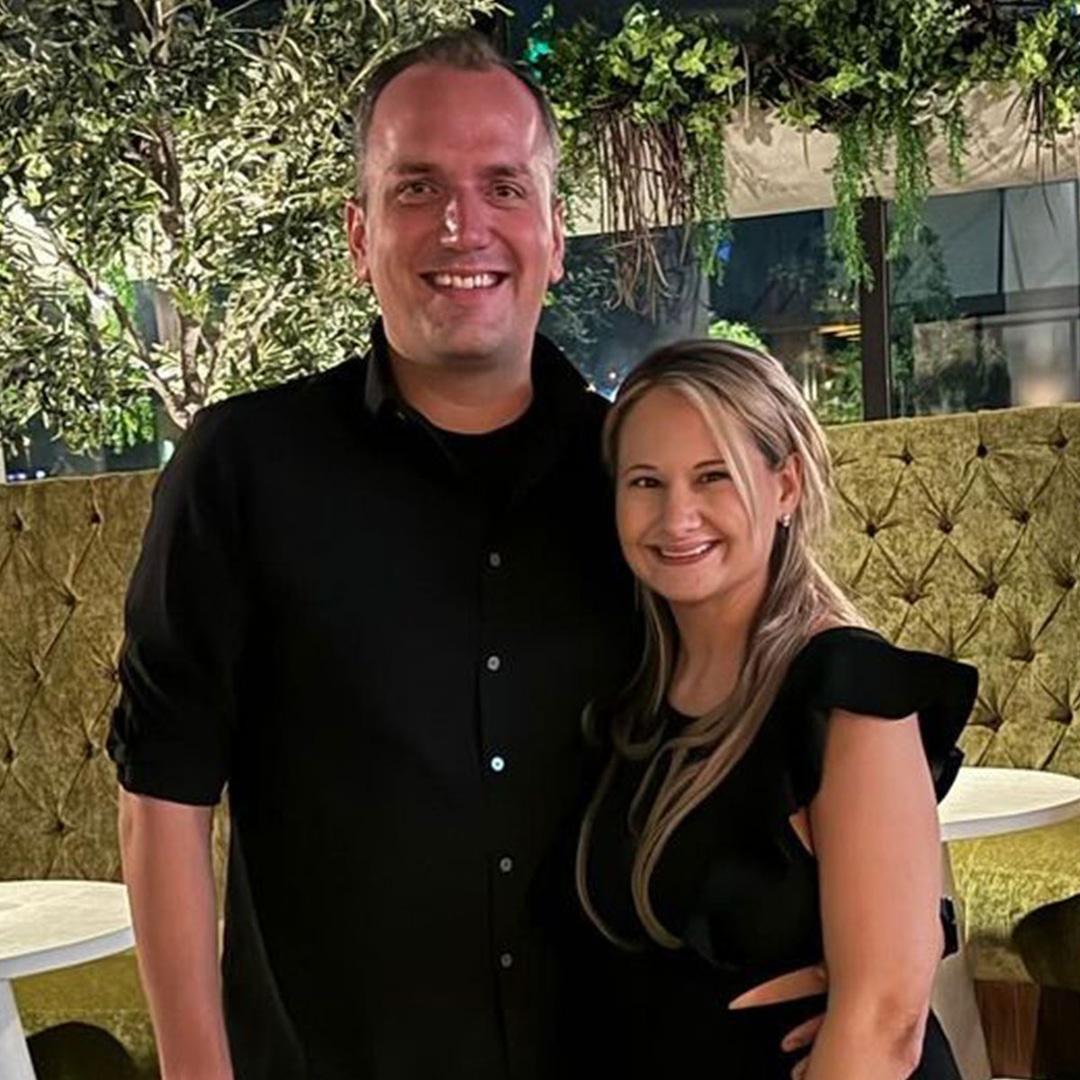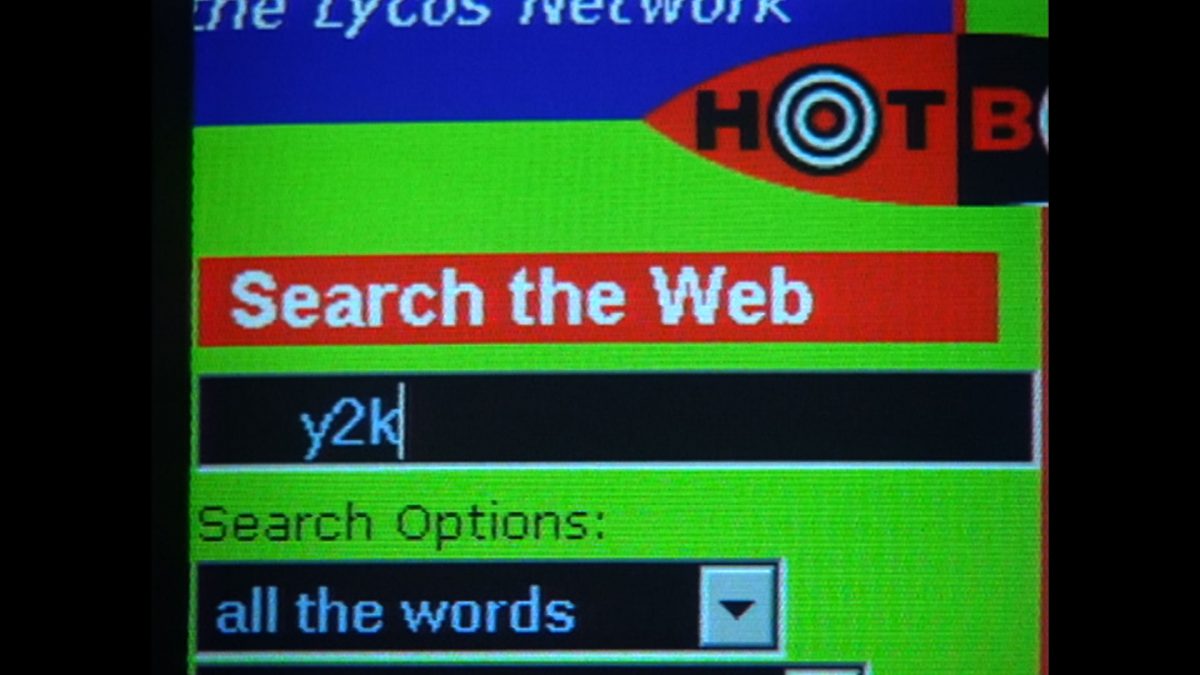
How to Make a Doc Using Only Archival Footage
Feb 1, 2024
Time Bomb Y2K takes audiences back to the turn of the millennium by completely immersing audiences in the world of a quarter-century years ago — it features not a single current interview, piece of voiceover narration, or modern perspective of any kind.
The decision by directors Brian Becker and Marley McDonald allowed them to start working on the project during the pandemic without any startup money, crew, cameras, or film equipment. They relied entirely on archival footage.
Using 1990s news segments, TV specials, home videos, and other archival materials, the film guides viewers through a real-time narrative around the global panic that surrounded the phenomenon dubbed the “Millennium Bug” or the “Year 2000 problem” — the theory that computers might cease to function because of an inability to recognize the date in the year 2000, causing a potential worldwide economic collapse.
We talked with McDonald and Becker about crafting the narrative in the editing room, the challenges they faced, the pros and cons of using only archival footage, and what tips they have to share with other filmmakers who want to make a documentary this way. Our interview has been condensed for clarity.
MovieMaker: What made you decide to tell the story of Time Bomb Y2K this way without any modern perspective or talking head interviews?
Marley McDonald: That was a choice, from the start, that we made. We reserved the right to change our mind if it felt like it wasn’t going to work. But it just kept working, because there was so much footage from this time. This is like, the height of nightly news. Everyone was tuning in, and there were so many Y2K stories.
Immediately, very quickly, after we started looking into it, we came across Peter de Jagar, who’s one of the main characters of our film, and we realized that he was there kind of from the start through till after the millennium, talking about Y2K. So we knew we had this one character to kind of keep coming back to. But then beyond that, the footage was just so resonant from the get-go that it was really our job to just kind of point the audience to the ways in which that story paralleled what we’ve what we’re going through now.
MovieMaker: Where did you find all of the archival footage for Time Bomb Y2K?
Brian Becker: We kind of had a leave no-stone-unturned approach, whether it be relying on contacts of mine at network news sources who I’ve worked with for years as an archival producer, or buying a militia’s tape off of eBay, or working with a nonprofit called the Center For Home Movies to gather home video from New Year’s Eve 1999.
We really allotted our resources and the amazing people who worked on our team, like my fellow archival producer, Peter Nauffts, our associate producer, Shelby Fintak, and our production assistant, Kushagra Kar. We all spent tons of time researching and watching footage, and then would pass it off to our assistant editor Katyann Gonzalez, and then our two editors, Marley and Maya Mumma. It was just a lot of watching European networks, outtakes from television news, Australian Broadcasting Company, Washington State University. The list goes on — going to Farmer Jane, as she calls herself in the film, Candace Turner’s house in Missouri.
Time Bomb Y2K Creators on Using Other People’s Footage
MovieMaker: What challenges or limitations did you face by only using footage that has already been shot by other people?
McDonald: When you’re doing a film that you have interviews, you can ask very pointed questions and you can kind of direct the story before you get into the edit. And for us, we had to kind of work in the reverse, where what was in the material had to become the story. So it was that process of discovery, like Brian talked about in the edit as well, just watching through.
One of the greatest challenges is that we eventually collected around 700 hours of archival footage. So watching all of that, logging all of it, getting everyone’s thoughts on what was resonating, was a big part of the process. And I would say another major challenge was just building a movie to a moment where everyone knows what happens.
So midnight, New Year’s Eve, 1999 being the climax of our film, but knowing that everyone in the theater knows what happened — that took a lot of a lot of figuring out sort of where we wanted to take that moment. And eventually, you know, we found that it was just this massive, epic, celebration of humanity. Allowing the movie to sort of reach that pitch took a while to finesse and figure out.
Also Read: 10 Creepiest True Crime Docs on Max
MovieMaker: What advice do you have for other filmmakers who want to make a documentary in this style?
Becker: Making an all archival film is really great, because you can largely do it from your desk. You don’t need to hire a crew. You don’t need expensive lenses and cameras. So first of all, I would say, good choice. That was very appealing to us as first time filmmakers who had zero dollars out of the gate to begin work on this film, and also a pandemic was raging outside of our windows.
So we were able to do this, or at least get the project going and develop it largely through research and archives that we were able to access online or via librarians and archivists who started slowly going back into their workplaces in the pandemic.
I would also just say to think really hard about what themes you’re trying to get across in your film rather than just amassing extremely rare and or hard to find or surprising footage. Throughout that collecting process, consider its relevance to whatever the larger idea you’re truly trying to get across is.
The other bit of advice I would give is that when you’re dealing with archives, there are people on the other side of those computer screens who you’re emailing, and it involves a lot of work and care to maintain an archive, and to share moving image material with filmmakers. So I would caution individuals to be careful and considerate in their treatment of archivists and librarians who were absolutely absolutely essential to the making of this film.
McDonald: My biggest piece of advice, I suppose, would be to get a good team together and make space for everyone to really talk about what you’re doing on this film. We met three hours every week, and everyone was talking about what they were watching and what was resonating with them, what they felt the movie we were making was about. That, I think, was what made this movie such a great process to be in and exciting to work on.
But also, the end product, I think reflects that, that level of collaboration. And I think that that is the single most important thing you can do on a movie, is just surround yourself with people who you trust and want to work with.
MovieMaker: Would you say using all archival footage is a budget-friendly approach to filmmaking?
Becker: [Laughs.] Oh, no. No. It’s interesting. There was a world in which we made this film with no funding, and we fair-used material and pursued a grand outreach effort of people’s home videos that are affordable. But utilizing anchors from networks, utilizing network archives, is extremely expensive and cost-prohibitive.
McDonald: It’s a good way to start making a film because you can just sort of dive into making it. But eventually, in order to actually put the film out in the world, that’s gonna cost ya.
Becker: I will say that looking for self-contained private collections of archival material is a cost-effective way to make a film where you’re not paying for network licensing. Perhaps someone who deeply believed in their self importance for many years of their life and filmed everything they did is willing to pass some tapes, or a lot of tapes, off to a filmmaker for a decent price. That is cost effective. Including news footage is very much the opposite.
One of the real blessings of working with HBO was it gave us the backing to go into networks and filmmakers’ outtake collections — the raw footage — because we wanted scenes to feel immersive and to feel almost like vérité. And that can only be done with some some budget behind you.
Time Bomb Y2K is now streaming on Max.
Main Image: A still from Time Bomb Y2K, courtesy of HBO.
Publisher: Source link
A Picture Of People Praying Over Donald Trump Is Going Viral
Tonight we prayed over President Trump. We prayed for his safety, his strength, a unified country, and God's will to be done. May God continue to bless Donald Trump pic.twitter.com/YlECaL31Gf— Riley Gaines (@Riley_Gaines_) October 24, 2024 Disclaimer: This story is…
Oct 29, 2024
Charlie McDowell Shares Insight Into Family Plans With Lily Collins
‘Emily in Paris’ Lily Collins Reveals Who She Thinks Her Character’s One True Love Is Lily Collins and Charlie McDowell’s plans for the future are très exciting. And as The Summer Book writer and director revealed, he and the Emily in Paris star can see themselves expanding their…
Oct 29, 2024
Anna Kendrick Recalled Questioning Herself After Her Couple’s Therapist Repeatedly Sided With Her "Abusive" Ex-Partner During Their Sessions
“I think he realized what was going on right toward the end.”View Entire Post › Disclaimer: This story is auto-aggregated by a computer program and has not been created or edited by filmibee.Publisher: Source link
Oct 28, 2024
Inside Pregnant Gypsy Rose Blanchard and Ken Urker’s Road to Baby
Throughout her pregnancy, Gypsy has given fans glimpses into her road to motherhood by sharing her symptoms, cravings, ultrasounds and baby bump photos. And while she knows there are critics who question whether she’s ready to a mom, she’s trying…
Oct 28, 2024








